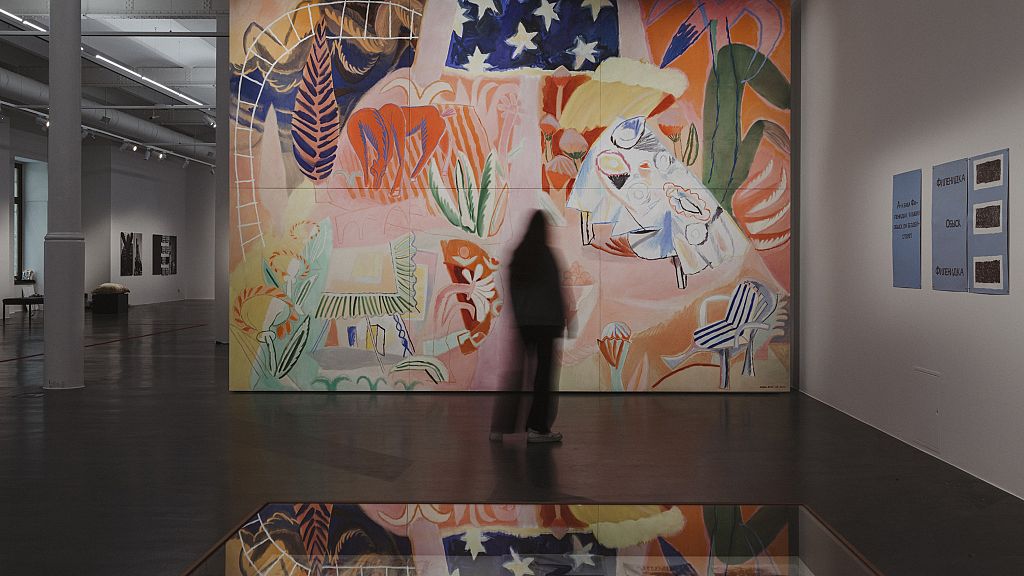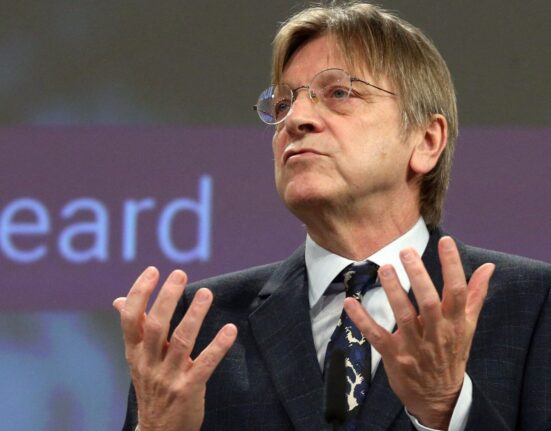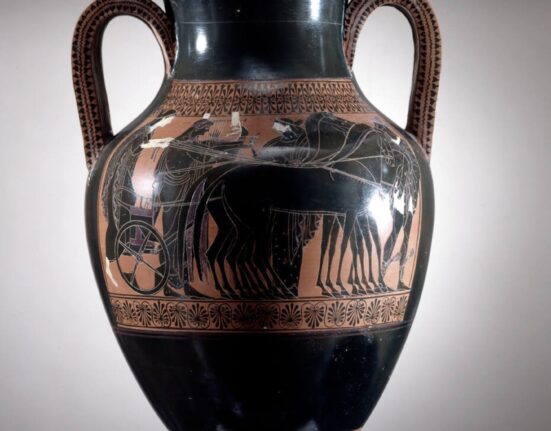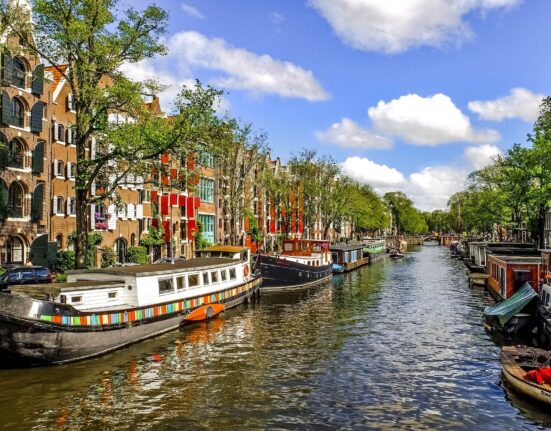In times of conflict, museums have played a vital if often overlooked role in supporting a country.
Wars are not just a battle for territory but also for ownership of a nation’s story. Cultural institutions play a powerful part in protecting a country’s identity from erasure and revitalising national identity post-conflict.
Now, museums and galleries around Europe are making a statement of support for Ukraine and aiding the protection of the country’s heritage and culture with myriad exhibitions.
The initiative Museums for Ukraine, supported by European museums and galleries, aims to protect and celebrate Ukrainian culture.
“If we lose our culture, we lose our identity,” said Lilya Onyshchenko, the head of Lviv’s city council heritage protection office.
Defying the Russian bombs, 51 rare artworks were trucked to Madrid at the end of last year for the Museu Nacional Thyssen-Bornemisza’s major exhibition of Ukrainian avant garde art.
In the Eye of the Storm: Modernism in Ukraine 1900-1930, which ended this month and will soon move to other museums in Europe, showcased an era of art against the backdrop of the Russian revolution and the war for Ukrainian independence. At the time, many of Ukraine’s artists, writers and intellectuals were imprisoned or executed.
As history threatens to repeat itself, here are the museums across Europe amplifying Ukrainian culture.
Dresden showcases 100 years of Ukrainian art
On until September 10, 2023
In Dresden, a new exhibition is presenting Ukrainian art of the last century. Kaleidoscope of (Hi)stories, Ukrainian art 1912-2023 gives “an idea of the turbulent past and present of Ukraine,” according to the curators.
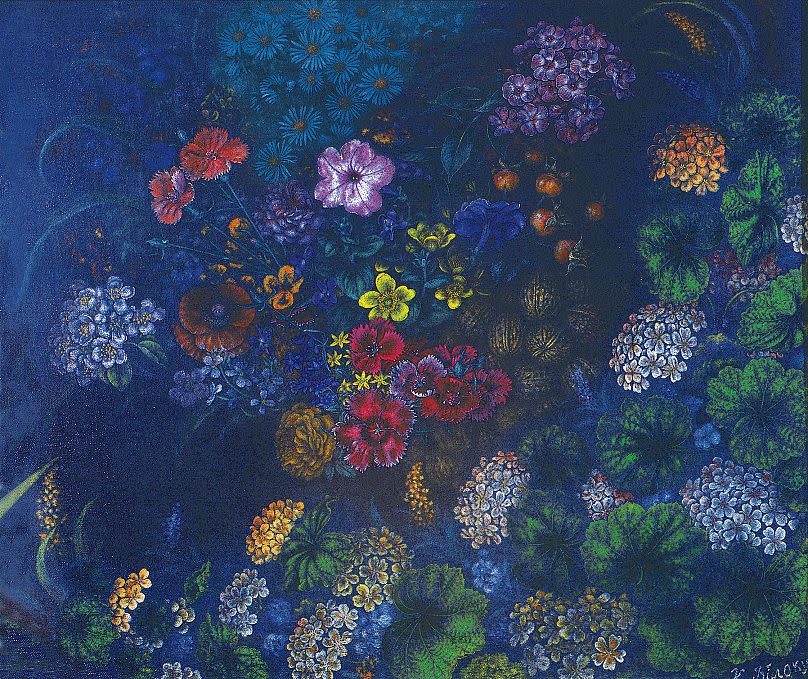

Housed in the Albertinum Museum, part of the Dresden State Art Collections, the exhibition features paintings, sculptures, photography, installations and videos from around fifty artists, with some works leaving Ukraine for the first time.
“The exhibition tells many stories about the country’s fluctuating state,” the website reads. “It deals with self-knowledge in Ukrainian history, which unfolds less out of pride than under external duress.”
Tallinn celebrates Ukraine’s avant-garde artists
On until September 10, 2023
Futuromarennia: Ukraine and Avant-Garde in Tallinn exhibits over 100 artworks from early 20th century Ukraine. The show includes paintings and drawings, designs for books and posters, theatre costumes and scenography as well as historical photos and video materials.
The works have a strong emphasis on Ukrainian identity. “After centuries of Russian domination, [Ukrainians] were particularly sensitive to the issue of national cultural sovereignty,” the exhibition website reads.
“This project for Estonia is not only about art. Futuromarennia is about Ukraine, its heritage and its identity. This is a story of Ukraine, told in the first person: a story that has not yet become a past.”
During a video greeting at the opening of the exhibition, Ukraine’s first lady Olena Zelenska talked of how “history is repeating itself today.”
“We have already lost several museums, many valuable art exhibits. The works that the exhibition visitors will see […] were taken from the collections of museums that continue their work in the conditions of war. And protecting them now is an extremely difficult task,” Zelenska said.
Berlin amplifies Ukraine’s contemporary art scene
On until March 17, 2024
Berlin’s Bode Museum has opened an exhibition juxtaposing mediaeval sculptures with contemporary Ukrainian art.


Curated by Ukrainian art historian and critic Olesia Sobkovych, Timeless. Ukrainian Contemporary Art in Times of War features the now famed “Madonna of Kyiv.” The painting by artist Maryna Solomennykova drew inspiration from a photo of a mother and her child in a Kyiv subway which went viral on social media.
This painting and other contemporary artworks are dotted throughout the permanent collection of mediaeval sculptures and Byzantine artefacts creating a dialogue spanning centuries.

